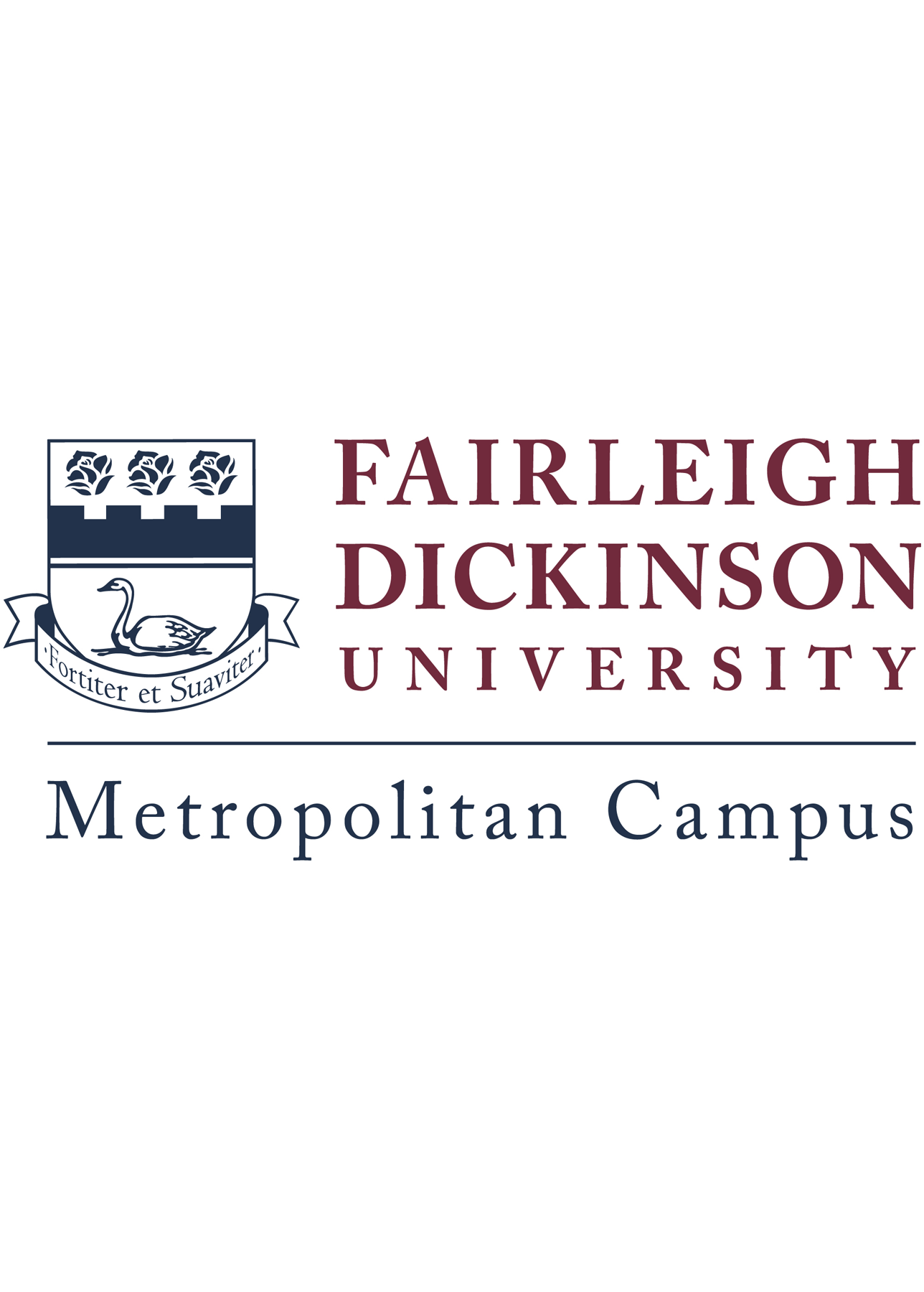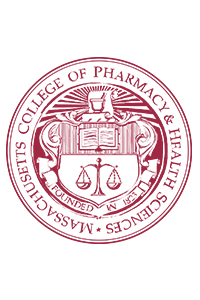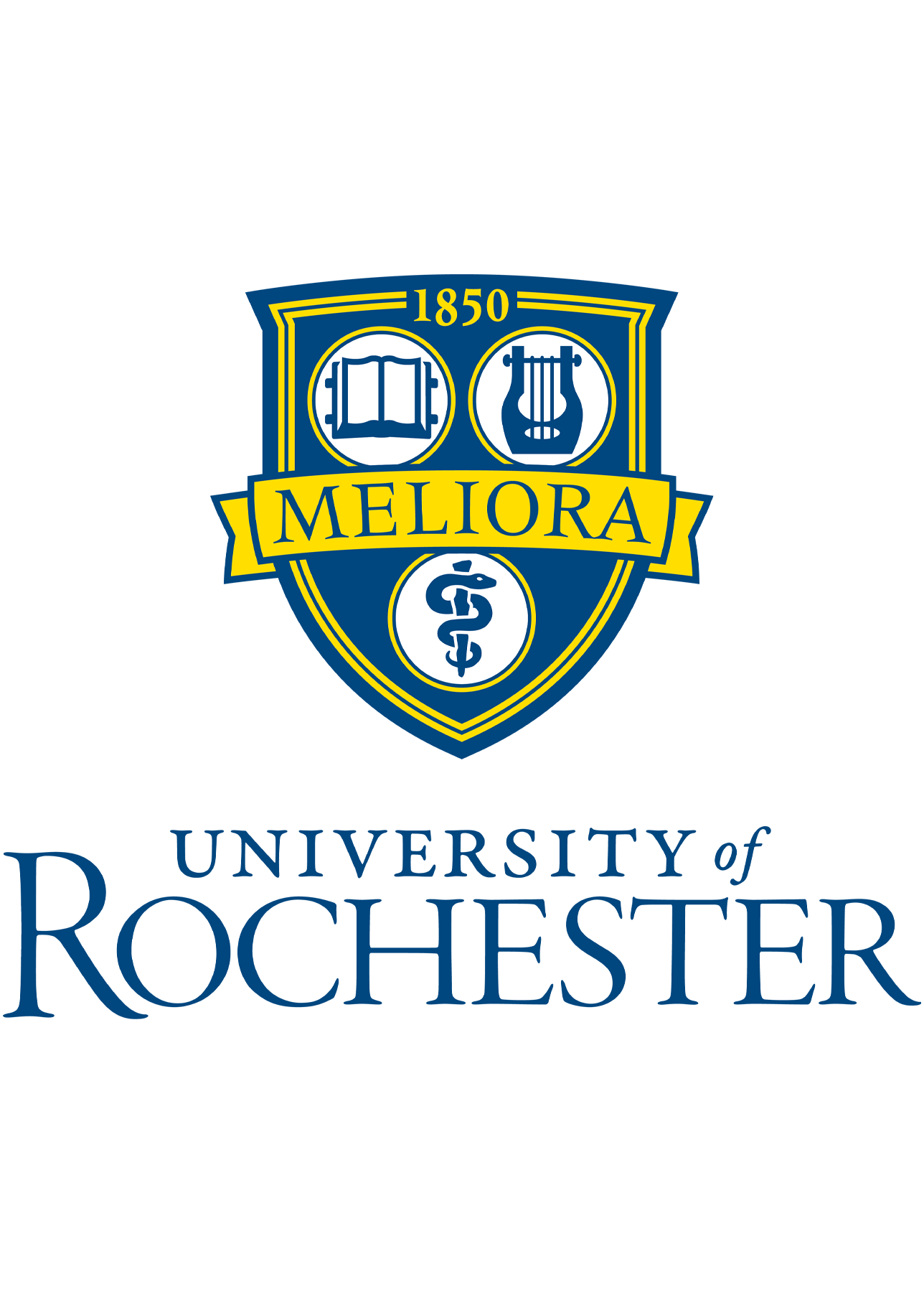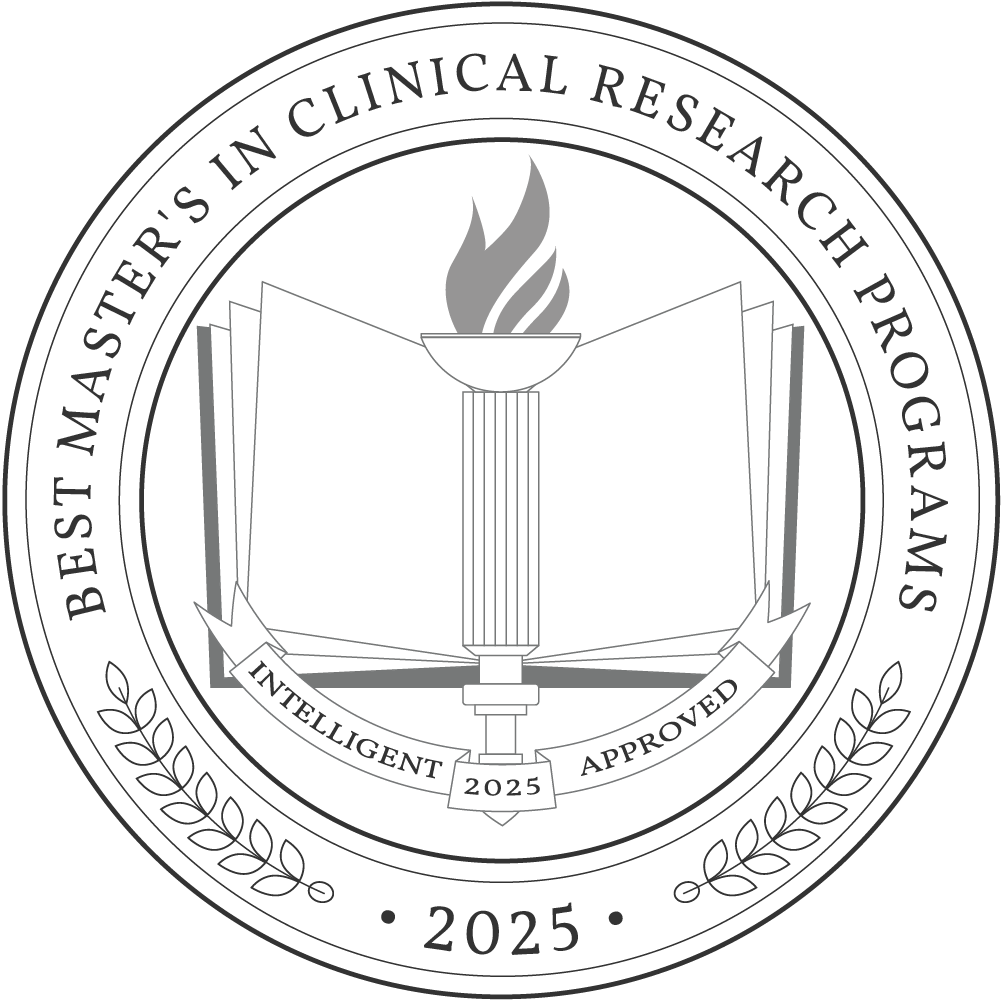The best master’s degree programs in clinical research equip students with the knowledge and skills needed to conduct and manage clinical trials, contribute to medical research, and ensure compliance with regulations. Graduates may pursue roles such as clinical research coordinator, clinical research associate, or regulatory affairs specialist. According to the U.S. Bureau of Labor Statistics, medical researchers earn a median salary of $99,930 per year.
Typically completed in 18 months to two years, the program may cost around $12,000 to $30,000 a year, depending on factors such as institution, location, and program format. Generally, public and land grant institutions cost less than private colleges and universities.
Why Trust Us
The Intelligent.com Higher Education Team is dedicated to providing students with independent, equitable school and program rankings and well-researched resources. Our expert-driven articles cover topics related to online colleges and programs, paying for school, and career outlooks. We use data from the U.S. Department of Education’s College Scorecard, the National Center for Education Statistics, and other reputable educational and professional organizations. Our academic advisory team reviews content and verifies accuracy throughout the year for the most current information. Partnerships do not influence rankings or editorial decisions.
- Analyzed over 2,000 national, accredited, and nonprofit colleges and universities
- 800+ rankings pages are reviewed and updated yearly
- Content is informed by reputable sources, surveys, and interviews with academic advisors and other experts
- Over 100 data points are reviewed for accuracy and quality throughout the year, including sources
How we rank schools
Our list features the best Clinical Research degree programs at top colleges nationwide. Each school featured is a nonprofit, accredited institution — either public or private — with a high standard of academic quality for post-secondary institutions.
We evaluated each school’s program on tuition costs, admission, retention and graduation rates, faculty, reputation, and the student resources provided for online students. We collected data from trusted sources like the National Center for Education Statistics, individual school and program websites, school admissions counselors, and other data sources. Then, we calculated the Intelligent Score on a scale of 0 to 100 based on the following criterion:
Academic Quality:
- Admission rate versus enrollment rate
- Retention rate of students who return after year one
- Accreditation status (regional and programmatic)
- Nonprofit status, both private and public institutions
Graduation Rate
- Overall graduation rate
- Total number of currently enrolled students, including diversity metrics
- Student-to-faculty ratio
Cost and ROI
- In-state and out-of-state per-credit tuition rates and fees
- Required credits to graduate
- Earning potential after graduation
- Availability of federal student loans, scholarships, and other financial aid options
Student Resources
- Available student services for online-only and hybrid programs
- On-campus amenities like tutoring centers and the number of libraries
Read more about our ranking methodology.
Best 17 Accredited Master’s in Clinical Research Degree Programs
FiltersInstitution Type
Status
- Intelligent Score
- Alphabetically By University Name
- Acceptance Rate
- Enrollment
- In-state Graduate Tuition
- Out-of-state Graduate Tuition
- In-state Undergraduate Tuition
- Out-of-state Undergraduate Tuition

Eastern Michigan University
Intelligent Score: 99.24In-state: $13,500
Out-of-state: $13,500
In-state: $14,868
Out-of-state: $14,868
SAT: 980-1200
ACT: 19-26
Resident: $957
Non-Resident: $1,659
On-Campus, Hybrid
Higher Learning Commission
34-35

University of Virginia
Intelligent Score: 98.46In-state: $15,772
Out-of-state: $49,819
In-state: $17,076
Out-of-state: $17,076
SAT: 1320-1510
ACT: 30-34
Resident: $860
Non-Resident: $1,450
On-Campus
Southern Association of Colleges and Schools Commission on Colleges
31

University of California San Diego
Intelligent Score: 98.02In-state: $11,442
Out-of-state: $41,196
In-state: $11,442
Out-of-state: $11,442
SAT: 1310-1530
ACT: 30-35
$840
On-Campus
Western Association of Schools and Colleges Senior College and University Commission
40

Boston University
Intelligent Score: 97.47In-state: $56,854
Out-of-state: $56,854
In-state: $56,854
Out-of-state: $56,854
SAT: 1310-1500
ACT: 30-34
$2,083
On-Campus
New England Commission of Higher Education
32

St. Cloud State University
Intelligent Score: 96.78In-state: $7,505
Out-of-state: $15,921
In-state: $7,607
Out-of-state: $7,607
SAT: 1000-1250
ACT: 18-24
$893
On-Campus, Online
Higher Learning Commission
34-38

UTHealth Houston
Intelligent Score: 96.11In-state: $11,448
Out-of-state: $40,032
In-state: $12,028
Out-of-state: $12,028
SAT: 1210-1470
ACT: 26-33
Resident: $96
Non-Resident: $516
On-Campus
Southern Association of Colleges and Schools Commission on Colleges
36

University of St. Thomas
Intelligent Score: 95.08In-state: $46,348
Out-of-state: $46,348
In-state: $24,589
Out-of-state: $24,589
SAT: 1130-1340
ACT: 23-29
$1,163
Hybrid
Southern Association of Colleges and Schools Commission on Colleges
30

The University of North Carolina at Chapel Hill
Intelligent Score: 95.08In-state: $7,019
Out-of-state: $34,198
In-state: $10,552
Out-of-state: $10,552
SAT: 1280-1490
ACT: 28-33
Resident: $586
Non-Resident: $1,602
On-Campus
Southern Association of Colleges and Schools Commission on Colleges
36

Fairleigh Dickinson University
Intelligent Score: 93.52In-state: $41,154
Out-of-state: $41,154
In-state: $9,732
Out-of-state: $9,732
SAT: N/A
ACT: N/A
$918
Hybrid
Middle States Commission on Higher Education
31

The University of Tennessee Health Science Center
Intelligent Score: 92.57In-state: $11,332
Out-of-state: $28,522
In-state: $11,468
Out-of-state: $11,468
SAT: 1140-1303
ACT: 25-31
Resident: $671
Non-Resident: $989
Hybrid
Southern Association of Colleges and Schools Commission on Colleges
36

CUNY York College
Intelligent Score: 90.7In-state: $6,930
Out-of-state: $14,880
In-state: $11,090
Out-of-state: $11,090
SAT: 1170-1340
ACT: 25-31
Resident: $470
Non-Resident: $855
On-Campus, Online, Hybrid
Middle States Commission on Higher Education
36

University of Arizona
Intelligent Score: 90.20In-state: $10,990
Out-of-state: $33,273
In-state: $11,938
Out-of-state: $11,938
SAT: 1090-1350
ACT: 21-29
Resident: $1,053
Non-Resident: $1,889
On-Campus
Western Association of Schools and Colleges Senior College and University Commission
30

Regis College
Intelligent Score: 88.61In-state: $74,631
Out-of-state: $74,631
In-state: $47,504
Out-of-state: $47,504
SAT: 1040-1230
ACT: 23-27
$1,095
On-Campus, Hybrid
New England Commission of Higher Education
33

University of Louisville
Intelligent Score: 88.50In-state: $11,966
Out-of-state: $28,312
In-state: $13,260
Out-of-state: $13,260
SAT: 1050-1270
ACT: 21-28
Resident: $791
Non-Resident: $1,606
On-Campus
Council on Education for Public Health
31

Massachusetts College of Pharmacy and Health Sciences
Intelligent Score: 88.05In-state: $39,240
Out-of-state: $39,240
In-state: $47,520
Out-of-state: $47,520
SAT: 1090-1370
ACT: 25-31
$1,380
On-Campus, Online
New England Commission of Higher Education
30

University of Rochester
Intelligent Score: 87.30In-state: $57,188
Out-of-state: $57,188
In-state: $49,792
Out-of-state: $49,792
SAT: 1330-1510
ACT: 30-34
$1,970
On-Campus
Middle States Commission on Higher Education
31

Augusta University
Intelligent Score: 87.13In-state: $6,892
Out-of-state: $22,270
In-state: $5,504
Out-of-state: $5,504
SAT: 1020-1210
ACT: 19-26
In-State: $401
Out-of-State: $1,135
On-Campus
Southern Association of Colleges and Schools Commission on Colleges
30
How to Choose a Master’s in Clinical Research Degree Program
Choose your area of study
When choosing your area of study, consider your career goals, interests, and strengths. Reflect on which aspects of clinical research, such as drug development, epidemiology, or regulatory affairs, align with your passion and objectives. Research different programs to evaluate their curriculum, faculty expertise, and opportunities for hands-on experience or internships. Seek guidance from professionals in the field, mentors, or alumni to gain insights into various specializations and their career prospects. Selecting an area of study that resonates with your aspirations and offers ample growth opportunities is key to a fulfilling academic journey.
Research schools and programs
Start by identifying accredited institutions known for their clinical research programs. Evaluate factors such as faculty expertise, research facilities, and curriculum relevance to your career goals. Look into program formats — online or on-campus — and consider flexibility, duration, and cost. Examine alumni outcomes, internship opportunities, and industry partnerships for practical experience and networking. Investigate accreditations and rankings to gauge program quality and reputation.
Prepare for tests and applications
Begin by familiarizing yourself with admission requirements, including standardized tests like the GRE or GMAT, and deadlines for applications. Dedicate ample time to study for these exams, utilizing study guides, practice tests, and tutoring if needed. Craft a compelling personal statement highlighting your passion for clinical research, relevant experiences, and career goals. Gather letters of recommendation from professors or professionals who can attest to your qualifications and dedication. Finally, proofread all materials meticulously to ensure they reflect your abilities and commitment accurately.
Select your program
Once you have researched accredited institutions, evaluate them based on what is most important to you. For example, if you are hoping to earn real-world experience while attending school, look for programs with a well-regarded internship component. Don’t hesitate to contact an admissions counselor to ask for their help in deciding. Investigate accreditations and rankings to gauge program quality and reputation, avoiding schools that do not have regional or national accreditation from an established accreditation body. Finally, choose a program that most closely aligns with your own priorities.
Determine how you’ll pay for your degree
Begin by researching scholarship opportunities, grants, and fellowships specific to your field. Fill out the Free Application for Federal Student Aid (FAFSA) and explore federal and private student loan options, considering interest rates, repayment terms, and eligibility criteria. Look into employer tuition reimbursement programs or sponsored educational opportunities. Create a budget to assess your financial needs and explore part-time work or assistantship opportunities to supplement income. Consider negotiating with the university for financial aid or exploring payment plans to manage tuition costs.
What Can You Expect From a Master’s in Clinical Research Degree Program?
A master’s degree program in clinical research provides students with comprehensive training in conducting and managing clinical trials, analyzing data, and ensuring compliance with ethical and regulatory standards. Students can expect to learn about research methodologies, biostatistics, ethical considerations, regulatory requirements, and data management techniques. The curriculum often includes coursework in clinical trial design, protocol development, patient recruitment, and monitoring of trial progress.
Typically, a master’s program takes 1.5 to two years to complete for full-time students. Part-time options may be available, extending the duration of the program. Some programs may require students to complete a thesis or capstone project, while others may offer opportunities for internships or practical experiences in clinical research settings.
Prospective students should be aware of any prerequisites or admission requirements, such as undergraduate coursework in biology, chemistry, or related fields, as well as relevant work experience or certifications. Some programs may require students to participate in in-person labs, residencies, or fieldwork experiences to gain hands-on skills and practical knowledge in clinical research methodologies and practices.
Potential courses you’ll take in a master’s in clinical research program
- Clinical Trial Design and Management. This course covers the fundamentals of designing, implementing, and managing clinical trials. Topics include protocol development, patient recruitment strategies, informed consent procedures, data collection methods, and regulatory requirements for conducting clinical research.
- Biostatistics and Data Analysis. Students learn statistical methods for analyzing clinical trial data, including hypothesis testing, regression analysis, survival analysis, and sample size calculation. Emphasis is placed on interpreting study results and making recommendations based on statistical findings.
- Ethical and Regulatory Issues in Clinical Research. In this course, students examine ethical principles and regulatory guidelines governing the conduct of clinical research. Students explore topics such as patient rights, informed consent, protection of human subjects, institutional review board (IRB) processes, and good clinical practice (GCP) guidelines.
- Pharmacology and Drug Development. This course provides an overview of pharmacological principles, drug development processes, and the role of clinical trials in evaluating drug safety and efficacy. Topics include drug mechanisms of action, pharmacokinetics, pharmacodynamics, and adverse drug reactions.
- Clinical Research Practicum or Internship. Students gain hands-on experience through a practicum or internship in a clinical research setting. Under the supervision of experienced researchers, students may participate in various aspects of clinical trial conduct, data collection, analysis, and reporting.
Master’s in Clinical Research Degree Frequently Asked Questions
How do I apply to a master's in clinical research degree program?
To apply for your master’s program, you typically need to submit an application form along with your undergraduate transcripts, letters of recommendation, a statement of purpose, and sometimes standardized test scores. Some programs may require relevant work experience or prerequisite coursework in science or healthcare fields. It’s crucial to review each program’s specific admission requirements and deadlines. Speaking with an admissions counselor can provide valuable insights into the application process and help ensure that you meet all requirements. They can also offer guidance on crafting a strong application and addressing any questions or concerns you may have.
How much does a master's in clinical research degree cost?
The cost of your master’s degree varies depending on factors such as the institution, program format (whether it is online or in-person), and residency status. According to the National Center for Education Statistics, tuition for these programs ranges from $12,000 to $30,000 per year. However, additional expenses like textbooks, supplies, and fees should also be considered. Online programs often offer cost savings since you will not need residential housing, but they could still entail technology fees.
How long does it take to earn a master's in clinical research degree?
A master’s degree in clinical research typically takes around 1.5 to two years to complete for full-time students. Part-time enrollment may extend the duration to three to four years, depending on credit load and program flexibility. Online programs often offer more flexibility, allowing students to pace their studies according to their schedule. The total number of required credits, usually ranging from 30 to 45, also influences program length. Students should consider their academic and professional commitments when choosing between full-time and part-time enrollment to ensure they can balance their studies effectively.

